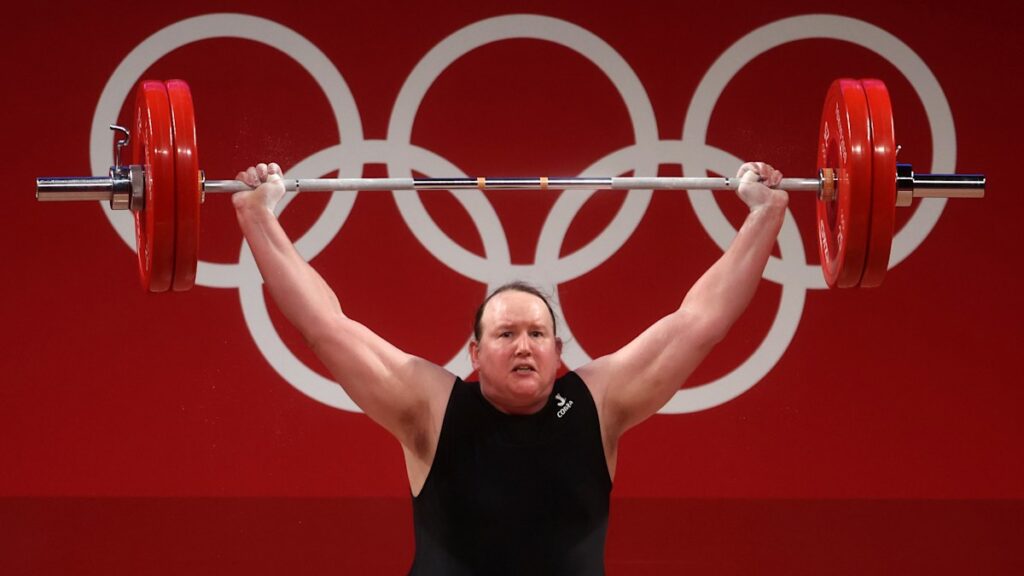
The International Olympic Committee (IOC) is currently deliberating on establishing universal rules for transgender women participating in the Olympic Games. This discussion comes amid reports suggesting that the governing body may be moving towards banning transgender women from competing in the female category by the Los Angeles 2028 Olympics.
Under the leadership of newly appointed president Kirsty Coventry, the IOC reversed its previous stance in June, opting to spearhead the creation of eligibility criteria for transgender athletes. This decision marked a significant shift from the IOC’s earlier approach, which left the responsibility to individual sports federations, resulting in a fragmented and inconsistent set of guidelines.
Establishing the ‘Protection of the Female Category’
In September, Coventry initiated the ‘Protection of the Female Category’ working group. This assembly, comprised of experts and representatives from international federations, aims to explore the best methods to safeguard the integrity of female sports categories. An IOC spokesperson recently stated, “An update was given by the IOC’s director of health, medicine and science to the IOC members last week during the IOC commission meetings. The working group is continuing its discussions on this topic and no decisions have been taken yet. Further information will be provided in due course.”
Reports from multiple sources, including the BBC, indicate that a ban could potentially be introduced as early as 2026. Prior to Coventry’s decision, the IOC maintained a policy of non-intervention, instructing federations in 2021 to develop their own guidelines. Currently, transgender athletes remain eligible to compete in the Olympics, with New Zealand’s Laurel Hubbard making history as the first openly transgender athlete to compete in a different gender category than assigned at birth during the Tokyo 2021 Olympics.
Global Sporting Federations’ Varied Approaches
The international sports community presents a diverse array of policies regarding transgender athletes. Some federations have established rules, while others are still developing their frameworks. For example, World Rugby has prohibited transgender athletes from competing at the elite level, whereas World Athletics restricts participation to those who have not undergone male puberty. World Aquatics allows participation for transgender athletes who transitioned before age 12, but not for those who transitioned after.
The landscape in football remains unclear, with FIFA yet to release an updated policy. However, some national associations, such as the English FA, have independently banned transgender players from women’s competitions. Meanwhile, boxing and athletics have introduced mandatory tests to detect the SRY gene, which is associated with male characteristics, targeting athletes with differences in sexual development (DSD).
Political and Social Implications
In the United States, the issue has taken on a political dimension. Former President Donald Trump signed the ‘Keeping Men Out of Women’s Sports’ order in February, effectively banning transgender athletes from competing in school sports. Trump has also expressed his intention to prevent transgender athletes from participating in the 2028 Los Angeles Olympics. Following this directive, the United States Olympic and Paralympic Committee adjusted its rules to exclude transgender athletes from women’s sports.
This political stance has sparked significant debate, with civil society groups arguing that such policies infringe on the rights of transgender individuals. The broader implications of these decisions are profound, influencing not only the sports community but also societal perceptions of gender and inclusion.
Looking Ahead: The Future of Transgender Participation in Sports
The IOC’s ongoing deliberations will play a crucial role in shaping the future of transgender participation in the Olympics. As the working group continues its discussions, the sports world awaits a decision that could redefine the landscape of international competition. The outcome will likely influence policies across various sports and federations, setting a precedent for how transgender athletes are integrated into elite sports.
As the conversation progresses, the balance between inclusivity and fairness remains at the forefront of the debate. The IOC’s decision will not only impact the athletes directly involved but also reflect broader societal values and the evolving understanding of gender in sports.







